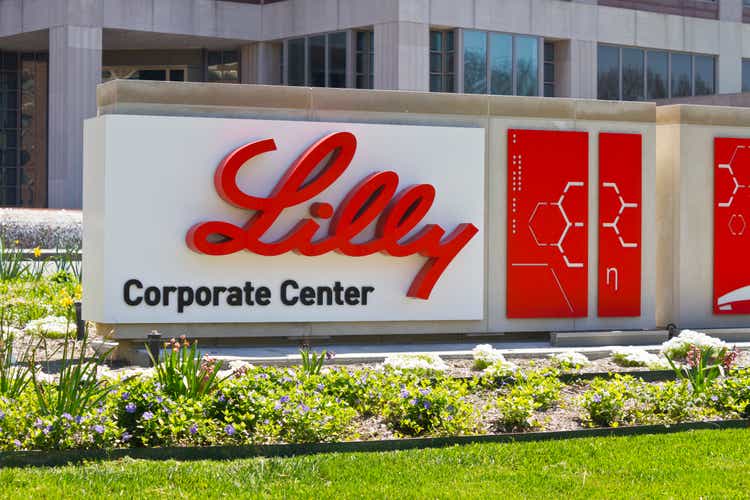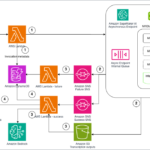
jetcityimage/iStock Editorial via Getty Images
Eli Lilly’s (NYSE:LLY) newly approved Alzheimer’s drug Kisunla could generate peak sales of up to $7.1B for the company and will help diversify the drugmaker’s revenue stream, according to BMO.
Kisunla, also known as donanemab, will be priced at $32,000 per year, with each vial costing $695.65, according to Lilly. The drug is expected to compete with Eisai (OTCPK:ESAIY) and Biogen’s (BIIB) Leqembi, which received FDA approval in 2023. According to reports, Lequembi costs around $26,500 a year.
Both drugs are delivered via IV. Lilly’s Kisunla is only required to be infused every four weeks, while Leqembi is administered every two weeks, giving Lilly an advantage as far as convenience. The products are intended to lower the level of amyloid plaques in the brain, which are believed to play a major role in the development and progression of the disease.
“While BMO expects Kisunla’s launch to be slow, similar to Leqembi, approval represents a meaningful expansion opportunity for the company in neuroscience,” BMO said in a note on Wednesday.
Currently, Lilly’s revenue stream is dominated by diabetes medications. The company’s top-selling drug for 2023 was the diabetes medication Trulicity, with sales of $7.1B, followed by its GLP-1 diabetes drug Mounjaro, which generated sales of $5.1B. Mounjaro is also marketed for weight-loss under the name Zepbound. Lilly’s breast cancer drug Verzenio was its third best-seller, with sales of $3.9B. Lilly’s total revenue for 2023 was $34B.
BMO also believes that it’s advantageous having two leading drugmakers in the Alzheimer’s market rather than just one, “given the significant infrastructure required to establish anti-amyloid therapies within the Alzheimer’s treatment paradigm.”
“The Kisunla approval is actually likely to benefit both products’ sales,” BMO added.
SA analyst Stephen Ayers, meanwhile, sees peak annual sales for Kisunla at between $2B and $5B. He also sees Kisunla as having the upper hand on Leqembi, due in part to its more convenient administration schedule. He noted that Lilly might also be able to learn from Biogen’s issues in launching Leqembi, giving it a second-mover advantage.
“While there is a lot of uncertainty about drugs like Kisunla and Leqembi in the AD market, I believe Eli Lilly’s Kisunla is a better choice,” wrote Ayers in his latest analysis piece. “Kisunla likely adds another blockbuster to Eli Lilly’s arsenal and investors should appreciate the diversity in therapeutic indications.”










